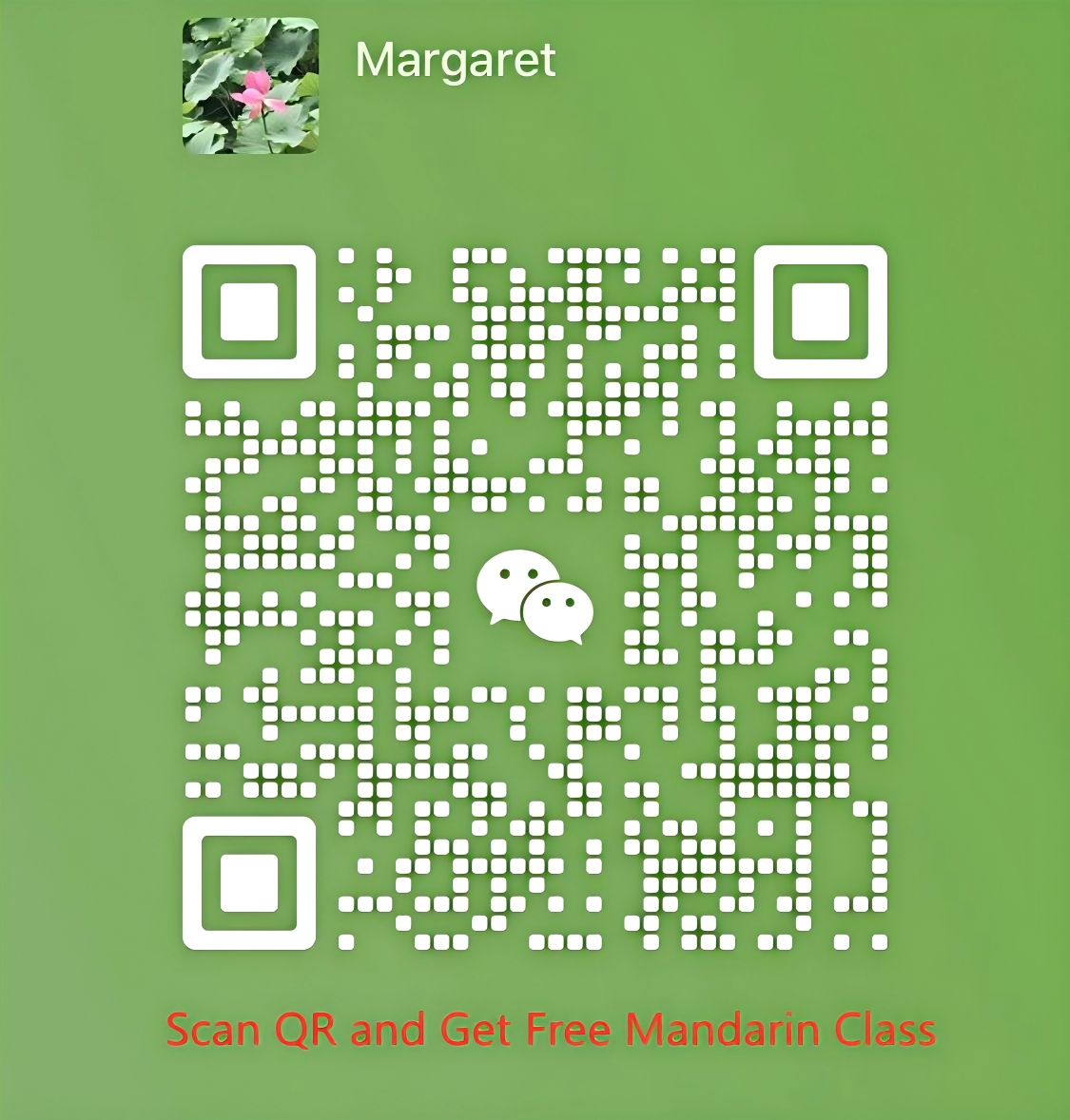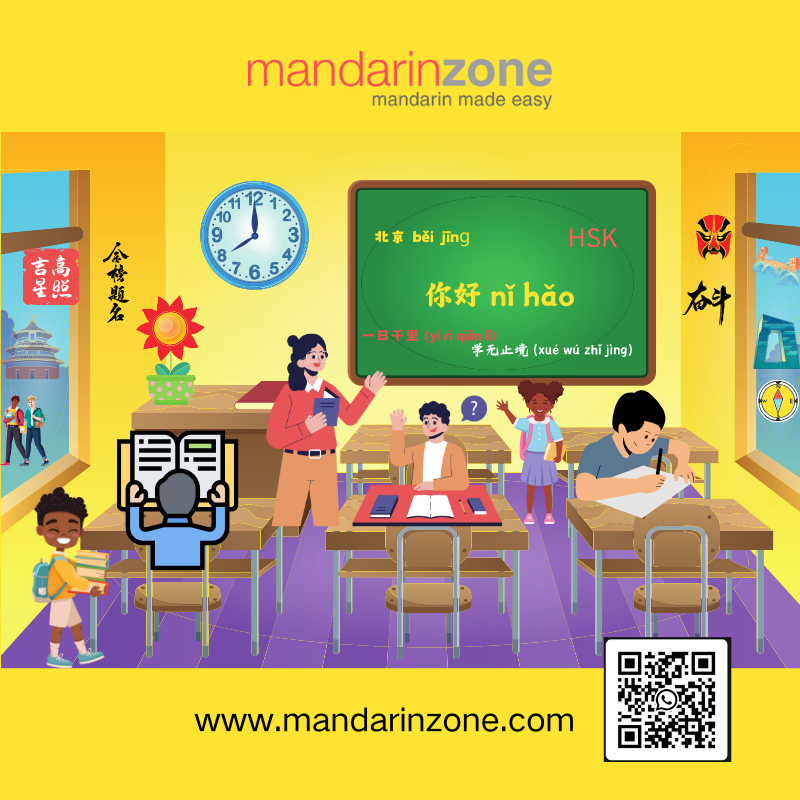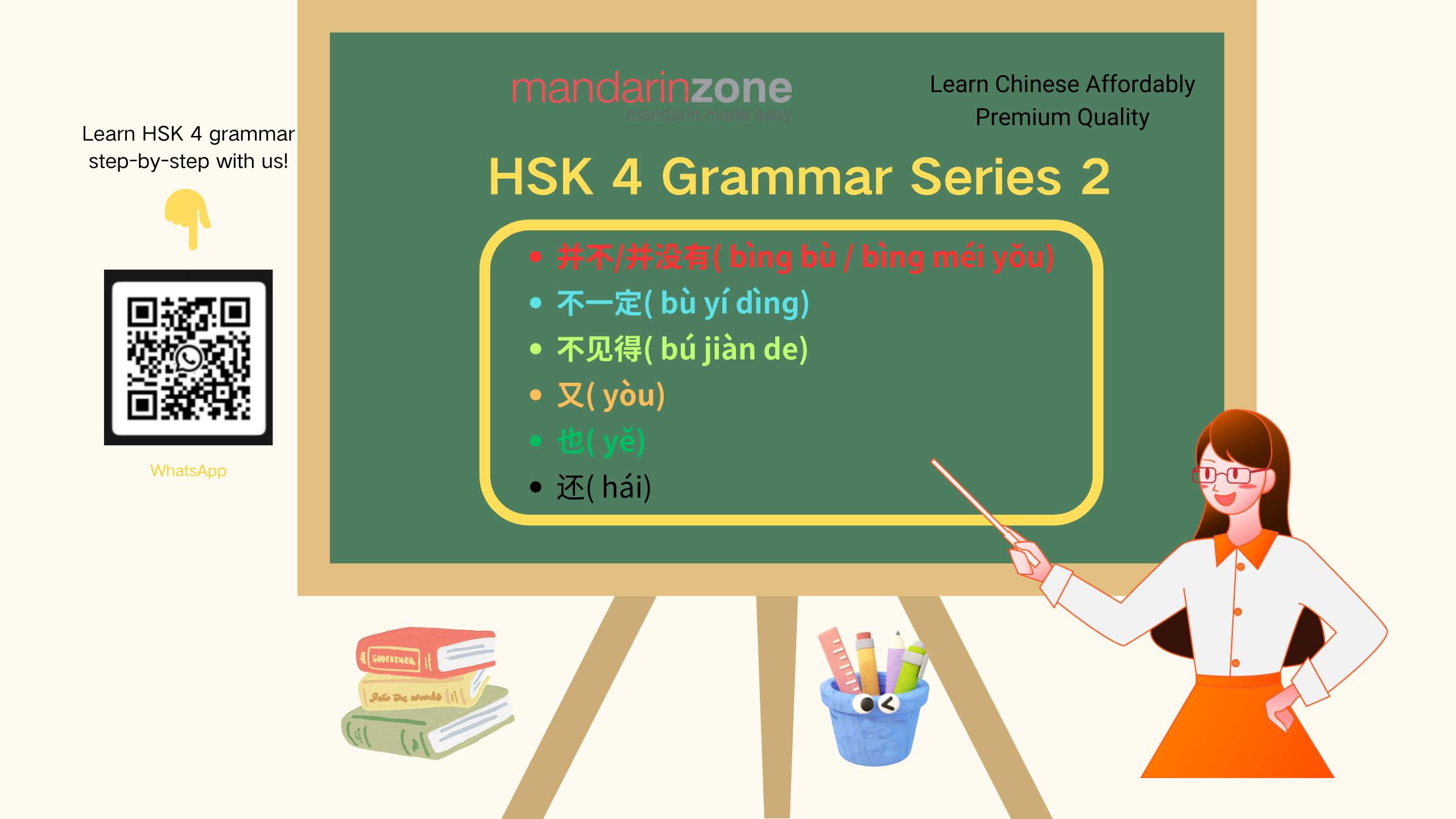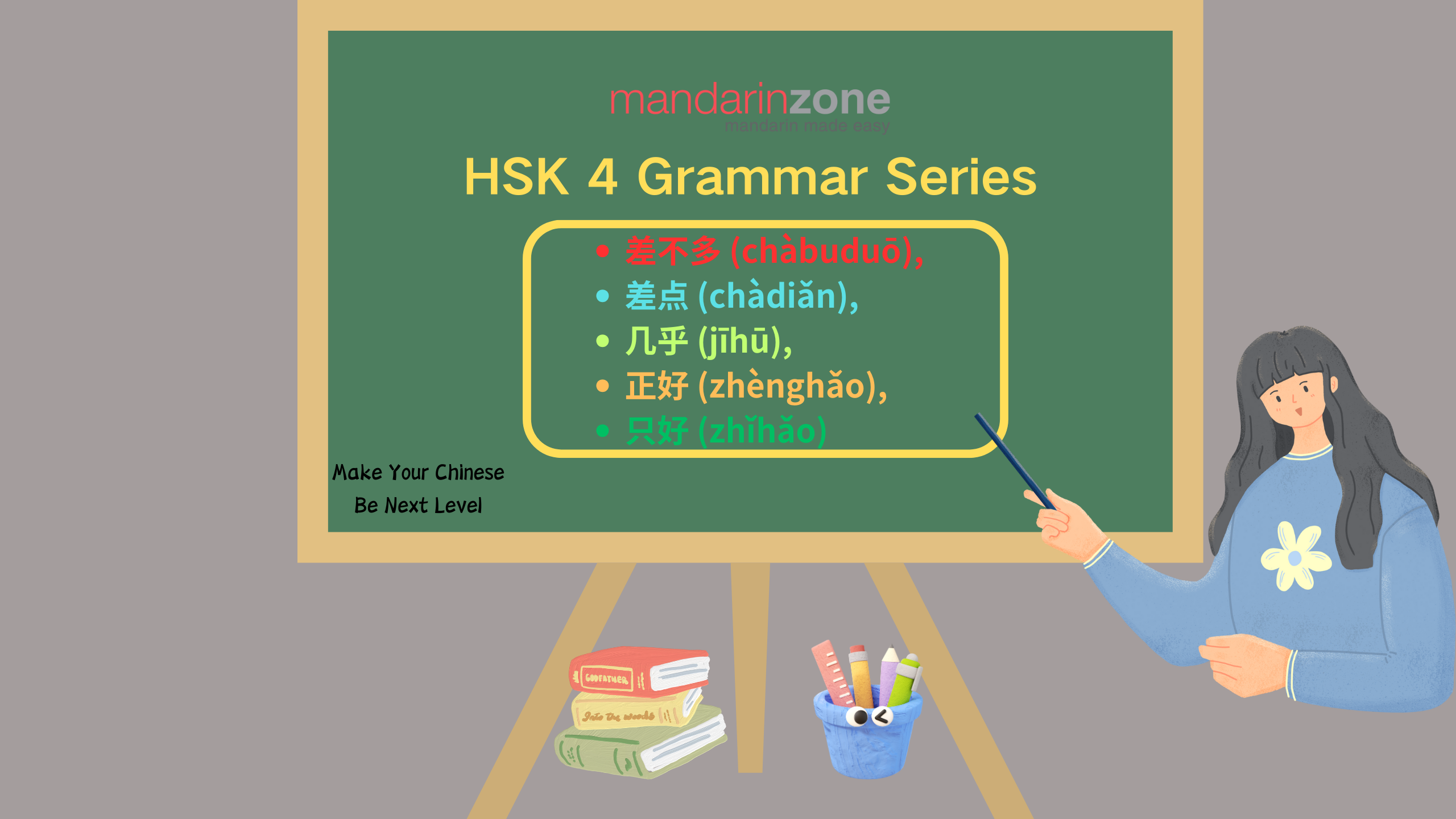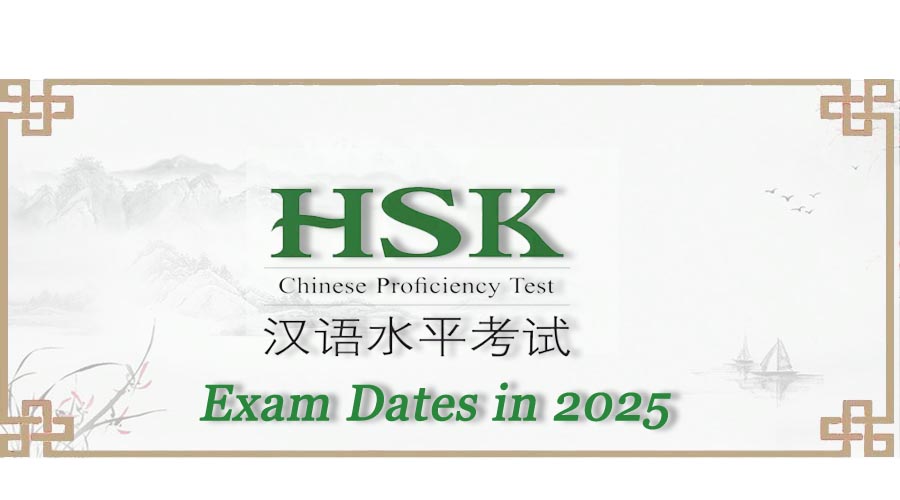A Complete Guide to Christmas Celebrations in China
When celebrating Christmas in China, one of the most essential things to know is how to say “Merry Christmas” in Mandarin Chinese. This festive greeting, which has become increasingly popular among Chinese speakers, perfectly represents the blend of Western and Eastern cultures.
When “Jingle Bells” is playing non-stop and the festive atmosphere is everywhere in China, it’s hard not to notice that Christmas is in the air. You’ll see many of the same decorations that are common in the West: Christmas trees, “Merry Christmas” banners, colorful lights, and other holiday ornaments. Santa Claus, known as “Shèngdàn Lǎorén” (圣诞老人),
can be seen in shopping malls and on the streets, adding to the festive cheer.

Santa Claus embarks on his magical journey across a starlit snowy landscape in this captivating Christmas image. With a sleigh full of colorful gifts and his faithful reindeer leading the way, this festive scene embodies the spirit and joy of the holiday season. Perfect for adding a touch of Christmas magic to any setting!
Despite all this excitement, it’s important to note that Christmas in China is not celebrated as a religious holiday. It is also not a public holiday, which means that schools and businesses operate as usual. However, the spirit of Christmas has certainly made its way into the hearts of many, especially among the younger generation. For them, it’s an opportunity to enjoy holiday sales, get together with friends, and host Christmas parties. Thanks to the influence of Western culture, Christmas is becoming more and more popular in China.
How to Say and Write Merry Christmas in Mandarin Chinese
The Chinese of “Merry Christmas” (圣诞快乐) is not just a direct translation, but carries its own cultural significance in Mandarin Chinese. Let’s break down this important festival greeting:
Let’s break down the phrase to understand its meaning:
- 圣 (shèng) means “saint.”
- 诞 (dàn) means “birth.”
- 节 (jié) means “festival” or “holiday.”
Quick Reference:
English: Merry Christmas
In Mandarin Chinese: 圣诞快乐 (Shèng dàn kuài lè)
Literal meaning in Chinese: Holy Birth Happy
When you want to add the word for “happy” or “merry” to any holiday in Chinese, simply use 快乐 (kuài lè) after the name of the holiday. This is different from English, where “Happy” or “Merry” comes before the holiday name. So, to wish someone a Merry Christmas, you say 圣诞快乐 (shèng dàn kuài lè).
How Christmas is Celebrated in China
Although most people in China do not celebrate Christmas with religious customs, it is still a time for joy and celebration. Shopping malls and restaurants are filled with Christmas decorations, and many businesses take advantage of the festive season to offer discounts and promotions. The vibrant decorations and festive atmosphere make it a great time for families and friends to go out, take pictures, and enjoy the holiday vibe.
In schools, some teachers use this occasion to introduce students to Western culture and traditions, often by organizing small parties, singing Christmas carols, and exchanging gifts. Despite the lack of religious connotations, the commercial aspect of Christmas is well-embraced, making it a great opportunity for social gatherings.+
Understanding Cultural Differences: Christmas with Chinese Characteristics
While Christmas decorations and festivities are increasingly visible in China, the way the holiday is celebrated reflects a fascinating blend of Western traditions and Chinese cultural elements. Let’s explore how Christmas has been transformed and adapted in the Chinese context.
A New Generation’s Holiday
In China, Christmas is primarily celebrated by the younger generation, particularly those born after 1990. Unlike their parents who might view Christmas as purely a Western celebration, young Chinese people have embraced it as an opportunity for social gathering and entertainment. However, this generational difference creates an interesting dynamic:
- Young Adults (90后 and 00后): Actively celebrate with friends, participate in gift exchanges, and organize parties
- Parents’ Generation: Often view it as a commercial event but support their children’s interest
- Grandparents’ Generation: May be curious but generally maintain traditional Chinese winter celebrations like Winter Solstice (冬至)
The “Shopping Festival” Phenomenon
One of the most striking differences is how Christmas has evolved into a major shopping event in China. Chinese retailers have created their own unique Christmas traditions:
- Peace Apple (平安夜苹果): A uniquely Chinese Christmas tradition where people gift apples on Christmas Eve. This custom arose because the Chinese word for “Christmas Eve” (平安夜, píng ān yè) sounds similar to “apple” (苹果, píng guǒ).
- Couples’ Holiday: Similar to Valentine’s Day, Christmas Eve has become a popular date night, with restaurants and entertainment venues offering special couples’ packages.
- Shopping Center Celebrations: Malls transform into winter wonderlands with distinctly Chinese elements, often mixing traditional Chinese lucky colors (red and gold) with conventional Christmas decorations.
Urban-Rural Divide
The celebration of Christmas in China varies significantly between different areas:
First-Tier Cities (Beijing, Shanghai, etc.)
- Elaborate decorations in shopping areas
- International brands’ Christmas promotions
- Western restaurants offering Christmas dinners
- Large-scale Christmas markets
Second and Third-Tier Cities
- More modest celebrations
- Focus on local retail promotions
- Blend of Western and Chinese elements
- Growing popularity among young people
Rural Areas
- Limited recognition of the holiday
- Minimal decorations or celebrations
- Focus remains on traditional Chinese festivals
- May learn about Christmas through media and returning students
Educational Integration
Schools have played a crucial role in shaping how Christmas is understood in China:
- Language Learning: English teachers use Christmas as a cultural teaching opportunity
- Cultural Exchange: International schools host Christmas events that combine Western and Chinese elements
- Student Activities: Chinese schools might organize small Christmas parties as part of English or cultural learning
- Cultural Understanding: Focus on practical aspects rather than religious significance
Modern Social Expressions
Young Chinese have created their own Christmas traditions that differ from Western practices:
- Social Media Celebrations: Sharing “Christmas-worthy” photos on platforms like WeChat and Xiaohongshu
- Gift-Giving Customs: Emphasis on practical and trendy gifts rather than traditional Christmas presents
- Group Activities: Preference for group celebrations over family gatherings
- KTV Christmas: Karaoke rooms are popular venues for Christmas parties
Business and Professional Environment
The workplace handling of Christmas reflects China’s globalized yet distinct business culture:
Foreign Companies
- Often organize Christmas parties
- Exchange gifts among colleagues
- Decorate offices
- Might give small bonuses or gifts to employees
Chinese Companies
- May acknowledge the holiday with minimal celebration
- Focus on end-of-year activities instead
- Use it as a marketing opportunity
- Maintain regular working hours
Practical Implications
For those experiencing Christmas in China, it’s helpful to understand:
- The holiday is not a public holiday; businesses and schools operate normally
- Religious aspects are rarely emphasized
- Gift-giving focuses on practical items and food
- Celebrations are more friend-oriented than family-focused
Christian Celebrations in China
While Christmas in China is largely celebrated as a commercial holiday, for China’s Christian community (estimated at around 68 million people), it holds deep religious significance. Their celebration patterns offer another unique perspective on cultural adaptation:
Church Services and Religious Observances
- Many churches hold special Christmas Eve services (平安夜崇拜)
- Midnight masses are popular in both official and house churches
- Traditional carols are sung in Chinese translations
- Some congregations organize Christmas pageants and nativity plays
Cultural Fusion in Practice
The adaptation of Christmas in China demonstrates the country’s ability to absorb and transform foreign cultural elements:
- Food: Christmas dinners might include hotpot or traditional Chinese dishes alongside turkey or ham
- Decorations: Traditional Chinese paper-cutting art adapted for Christmas themes
- Music: Popular Christmas songs receive Chinese covers and adaptations
- Activities: Blend of Western Christmas games with Chinese social activities
This unique interpretation of Christmas reflects China’s broader approach to cultural adoption – maintaining core Chinese values while selectively embracing and adapting foreign traditions. The result is a distinctly Chinese celebration that continues to evolve with each passing year.
How Christian Chinese Say “Merry Christmas” in Mandarin: Religious Vocabulary Guide
While we’ve covered how to say “Merry Christmas” in Mandarin Chinese for general celebrations, the Chinese Christian community (估计约6800万人) has their own unique ways of expressing Christmas greetings and celebrating this religious holiday. Let’s learn these special Mandarin Chinese expressions used during Christmas:
Religious Christmas Greetings in Mandarin Chinese
主耶稣降生了 (zhǔ yē sū jiàng shēng le) – Jesus Christ is born
荣耀归于上帝 (róng yào guī yú shàng dì) – Glory to God
以马内利 (yǐ mǎ nèi lì) – Emmanuel
恩典平安 (ēn diǎn píng ān) – Grace and Peace
Essential Church Vocabulary in Mandarin
平安夜崇拜 (píng ān yè chóng bài) – Christmas Eve Service
圣诞崇拜 (shèng dàn chóng bài) – Christmas Service
圣诞诗歌 (shèng dàn shī gē) – Christmas Hymns
报佳音 (bào jiā yīn) – Carol Singing
Christmas Service Expressions
教会 (jiào huì) – Church
弥撒 (mí sà) – Mass
献诗 (xiàn shī) – Choir Performance
讲道 (jiǎng dào) – Sermon
Popular Christmas Greetings in Chinese
If you want to impress your Chinese friends with your holiday greetings, here are some useful phrases:
- 圣诞快乐,新年好! (shèng dàn kuài lè, xīn nián hǎo!)
- A Merry Christmas and a wonderful New Year.
- 圣诞快乐,恭贺新禧! (shèng dàn kuài lè, gōng hè xīn xǐ!)
- Merry Christmas and Happy New Year!
- 献上最诚挚的节日祝福 (xiàn shàng zuì chéng zhì de jié rì zhù fú)
- Best wishes for this holiday season.
- 在圣诞和新年来临之际,祝福你平安、快乐、幸福! (zài shèng dàn hé xīn nián lái lín zhī jì, zhù fú nǐ píng ān, kuài lè, xìng fú)
- Wishing you peace, joy, and happiness during Christmas and the coming year.
Whether you’re writing a holiday card or greeting someone in person, knowing how to express “Merry Christmas” in Mandarin Chinese will be greatly appreciated. Here are some common situations where you might use this greeting:
Christmas Songs in Chinese
Christmas songs are widely enjoyed in China, often sung in Mandarin but bringing the same festive joy as their English counterparts. A popular example is the famous “Jingle Bells”, which has two Chinese versions. One closely follows the original lyrics, while the other is a beautiful adaptation titled “Finding Plum Blossom in Snow”, a song that reflects Chinese poetic sensibilities.
Conclusion
Even though Christmas is not a traditional holiday in China, its popularity is growing, especially among the younger generations. It’s a time to enjoy the holiday spirit, decorate homes and businesses, and take advantage of festive sales. Learning to say “Merry Christmas” in Chinese and understanding how it is celebrated can help bridge cultural gaps and make the holiday season even more special.
From all of us at Mandarin Zone the best Chinese Language School in Beijing,
我们祝你圣诞节快乐! (Wǒ men zhù nǐ shèng dàn jié kuài lè!) — We wish you a Merry Christmas!

A joyful Christmas scene unfolds as a family of four—two adults and two children—gather around a sparkling tree, exchanging gifts and smiles. Festive decorations and the glow of the fireplace add warmth to the room, making it the perfect setting for holiday memories.
